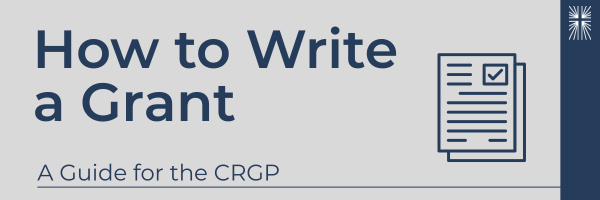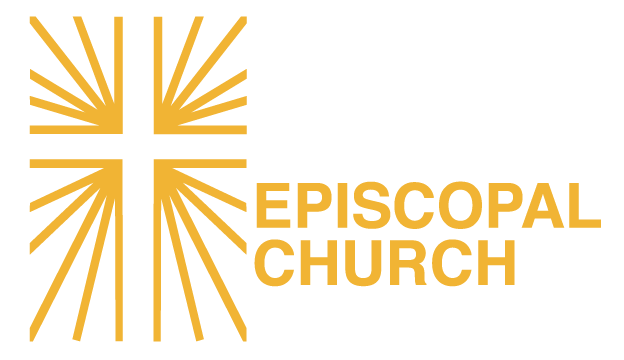
Migrants and immigrants have always been an integral part of the Convocation. However, the sustained upward trend in immigration to Europe means that our parishes must find new ways to identify and provide services to respond to the growing needs. In 2023, the Convocation, in cooperation with Episcopal Relief and Development, began providing grants to Anglican congregations across Europe for programs that both improve the lives of refugees and change the lives of participating congregations.
A new round of grants will begin in January 2026, which means interested congregations should begin preparing their applications now, according to Socorro Heepe, program and administrative manager for the Convocation Refugee Grant Program (CRGP). An effective grant application needs to: have clear objectives, demonstrate impact, and show how the project aligns with the priorities of the CRGP. This article outlines some best practices for congregations beginning this process.
Start by downloading the Draft Application Worksheet, which helps a congregation work through what they want to do and provides a framework to collect all the necessary application data in one place. Further information about the grant, as well as all the necessary documents are available on the same page. Study the need you want to meet in light of the mission, values, and program requirements of the grant program.
The next step is to assess what tools a congregation may have and what resources or social programs already exist locally to meet the need they have identified. The goal is to collaborate with community partners and fill gaps in existing programs, drawing on Episcopal Relief and Development’s asset-based, partnership-focused approach, while also grounding the church’s contribution in our Baptismal Covenant in ways that respect the dignity of every human being.
Applications should have clear and measurable objectives. Who will benefit? How will the program change or improve the lives of the beneficiaries? How will it change your congregation by helping them live out their faith in a hurting world? How will it provide a service that the Church is uniquely qualified to do?
Transparent answers to budgeting questions are essential. It is important to detail not only how the money will be used but what other local contributions, including in-kind and volunteer support, can be integrated into the proposed project. How sustainable is the budget over the duration of the grant life and how will the program continue after the grant ends?
“It is absolutely imperative that congregations and grant writers read and understand the grant requirements and objectives before submitting their applications,” Heepe stressed. She noted that, in the past, the majority of applications did not properly address all the criterion for the program – particularly the budget requirements – and her office spent an inordinate amount of time helping applicants rewrite their applications. “Beginning in 2026, if the application that is submitted does not align with the program, it will not be considered.”
